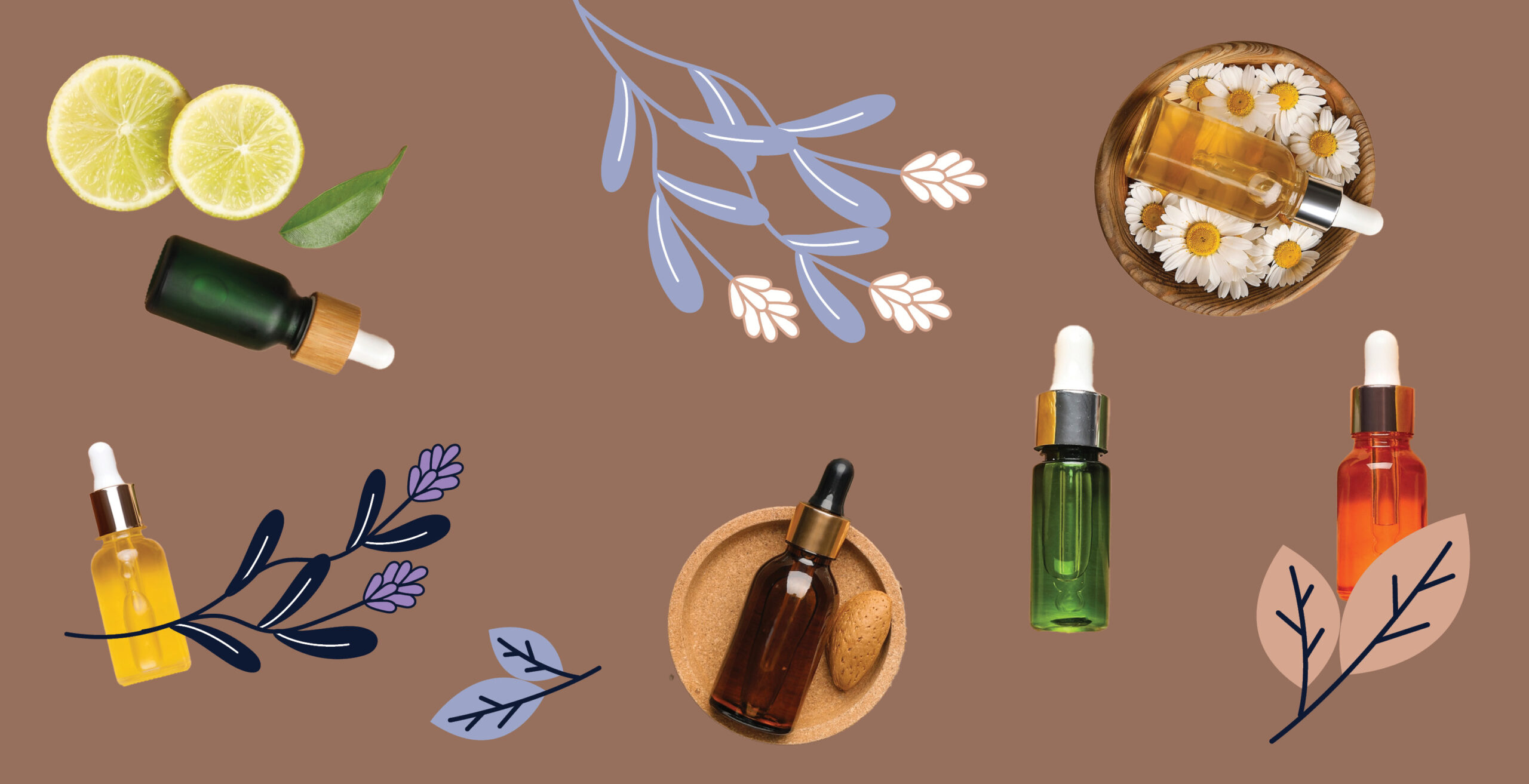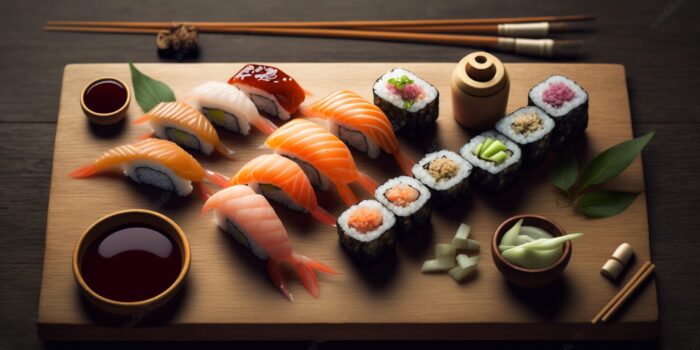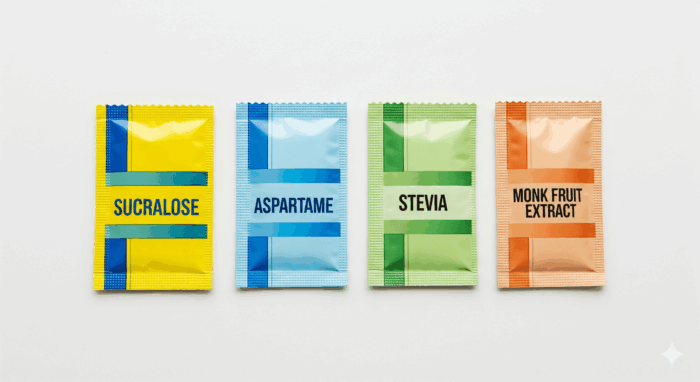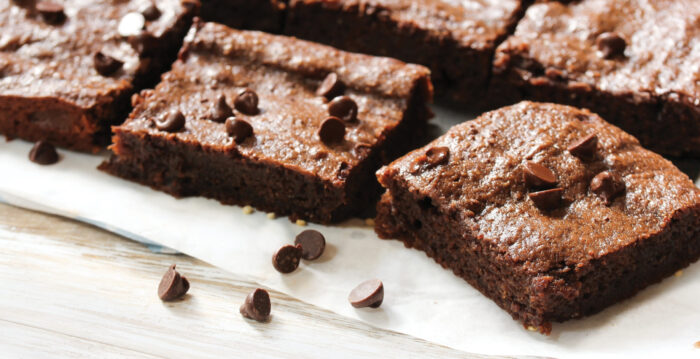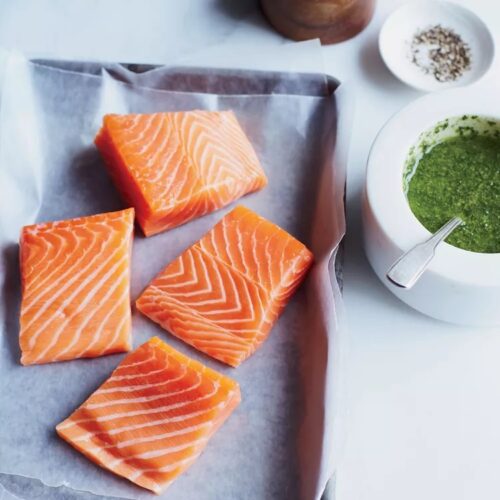WHAT ARE ESSENTIAL OILS?
An essential oil is a concentrated oil that contains the core (essential) flavor of a botanical item. The oil is typically extracted from flower petals, citrus peels, grass, tree barks, or botanical resin. Some common essential oils are orange oil, peppermint oil, tea tree oil, and lavender oil. Essential oils can be very expensive due to the large amount of flowers or plants needed to make the superconcentrated oil; one pound of lavender oil is made from 250 pounds of lavender flower!
These oils are used in cosmetics, therapeutics, as fragrance in perfumes, soaps, and other products, but, most importantly from a kosher perspective, they are increasingly used to flavor foods and beverages.
HOW ARE ESSENTIAL OILS MADE?
STEAM DISTILLATION: The most common way to process essential oils is through steam distillation. The raw material is placed in a distillation vessel, where water is heated and turned into steam. This steam passes through the plant material, extracting the essences. The steam is then cooled and condensed back into liquid, which is collected in the receiving vessel and then the oil is separated from the water.
CO2: Another way to make essential oils is with CO2 (carbon dioxide gas) which is pressurized to turn it from a gas to a liquid. The raw material is placed in a chamber and the pressurized CO2 passes through the plant material, extracting the essences. The pressure is then released, and the CO2 turns back into a gas, leaving behind the extracted essential oil. This is a more expensive method but provides higher quality oil because the oil is unaffected by heat and remains closer to its original composition.
COLD PRESSING: Citrus oils are usually cold pressed. Fruits are run over beds of needles, which prick the peels and extract the oil. The fruits are then washed to capture the oil which has oozed out. The oil is then separated from the water in a centrifuge and then kept at a cold temperature for a few days to harden the peel wax which has mixed into the oil, after which the oil can easily be separated from the wax and water.
ENFLEURAGE: Enfleurage is a less common process which can be used to extract very delicate items such as rose petals. This is an expensive process and used to produce ingredients used for high end perfume, not for food products.
The raw material is placed over solid fats (which can be derived from animals) to absorb the scent. The plant material is filtered out and the fat is then washed with alcohol to capture the scent.
After the extraction process is complete (with any of the above methods) the oil is usually distilled to purify and separate various components of the oil. If the process is repeated it is referred to as being “folded”.
Related products that are also extractions from botanicals are: concretes – the extraction is done using a chemical solvent such as hexane, and absolutes – the extraction is done with ethanol as the solvent.
ARE ESSENTIAL OILS KOSHER?
Essential oils are not refined and therefore not subject to the equipment concerns that are associated with refining. They do have a number of potential kashrus concerns, though.
Additives: At the initial extraction facility, the oil will be pure, but re-processors will commonly add ingredients to treat or standardize the product. For example, ethanol (that is usually not kosher for Pesach and can be nonkosher) can be used to purify citrus oil.
Equipment: There are many essential oil manufacturers that only deal with essential oils, but it is fairly common that a distributor, full-service flavor company, or sometimes a specialty toll processor, will process the oils on the same distillation equipment that is used for other products, including potentially dairy (butter oils) and nonkosher products.¹
Israeli oils: There are Israeli citrus oils available which are subject to all the concerns of mitzvos hatluyos ba’aretz (orlah, shmittah, terumos and maasros).
In b’dieved situations the oil will be botul b’shishim even though it is used for flavoring (as long as the issue is not mitzvos hatluyos ba’aretz), because the potential issues are with the additives or equipment, and they do not contribute flavor in the final product.²
1 Often the equipment is cleaned by washing them for many hours with boiling water in a way that can be considered as koshering.
שו”ע יו”ד קה, יד. 2
Rabbi Hendel is a member of the OK Kosher Vaad HaKashrus.


 EN
EN  ZH
ZH  KR
KR  BR
BR  ES
ES  IN
IN  IL
IL 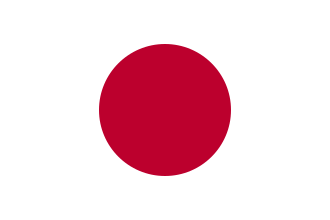 JP
JP 
